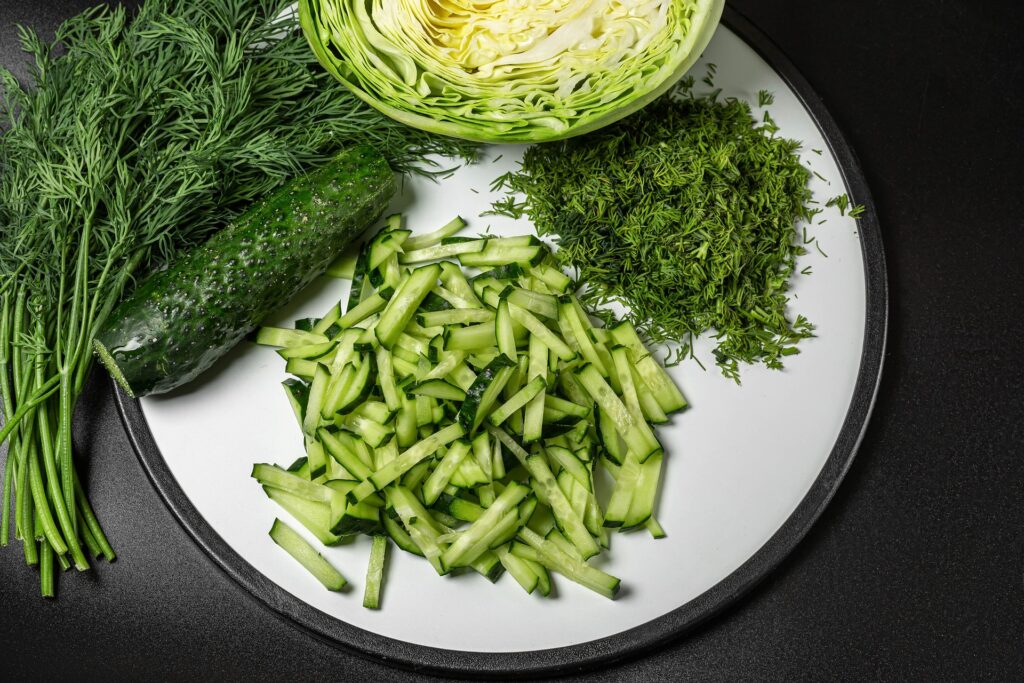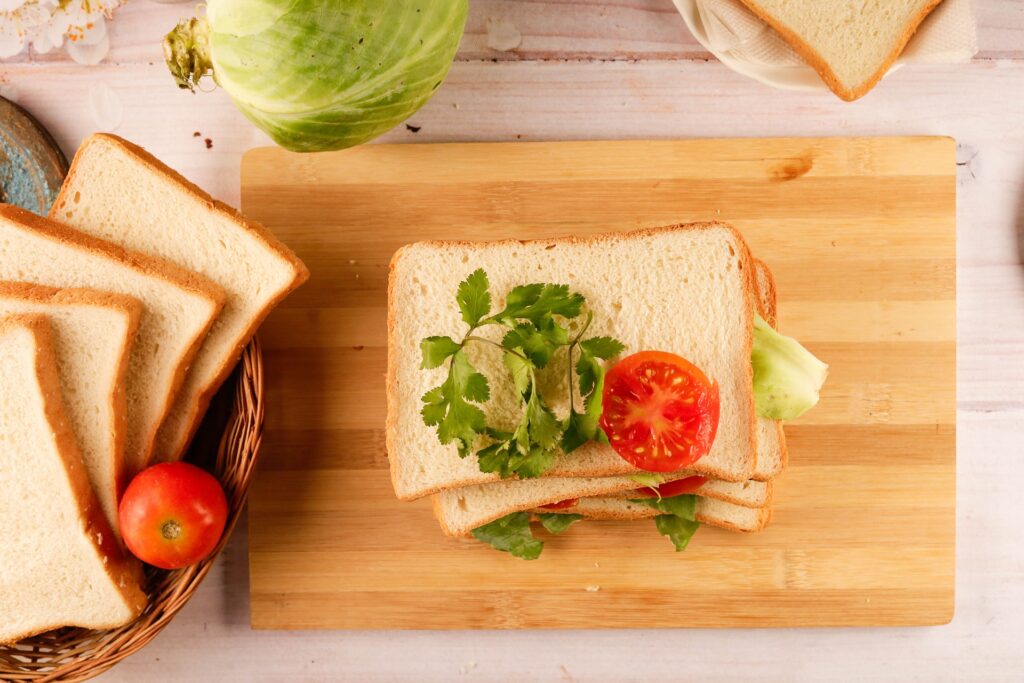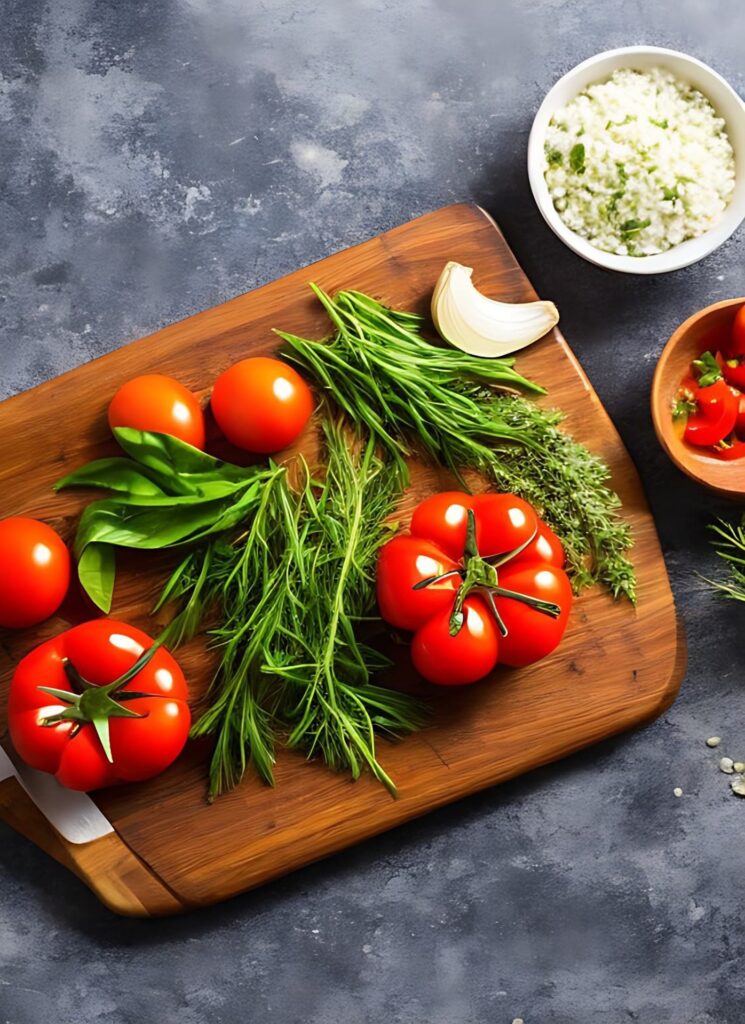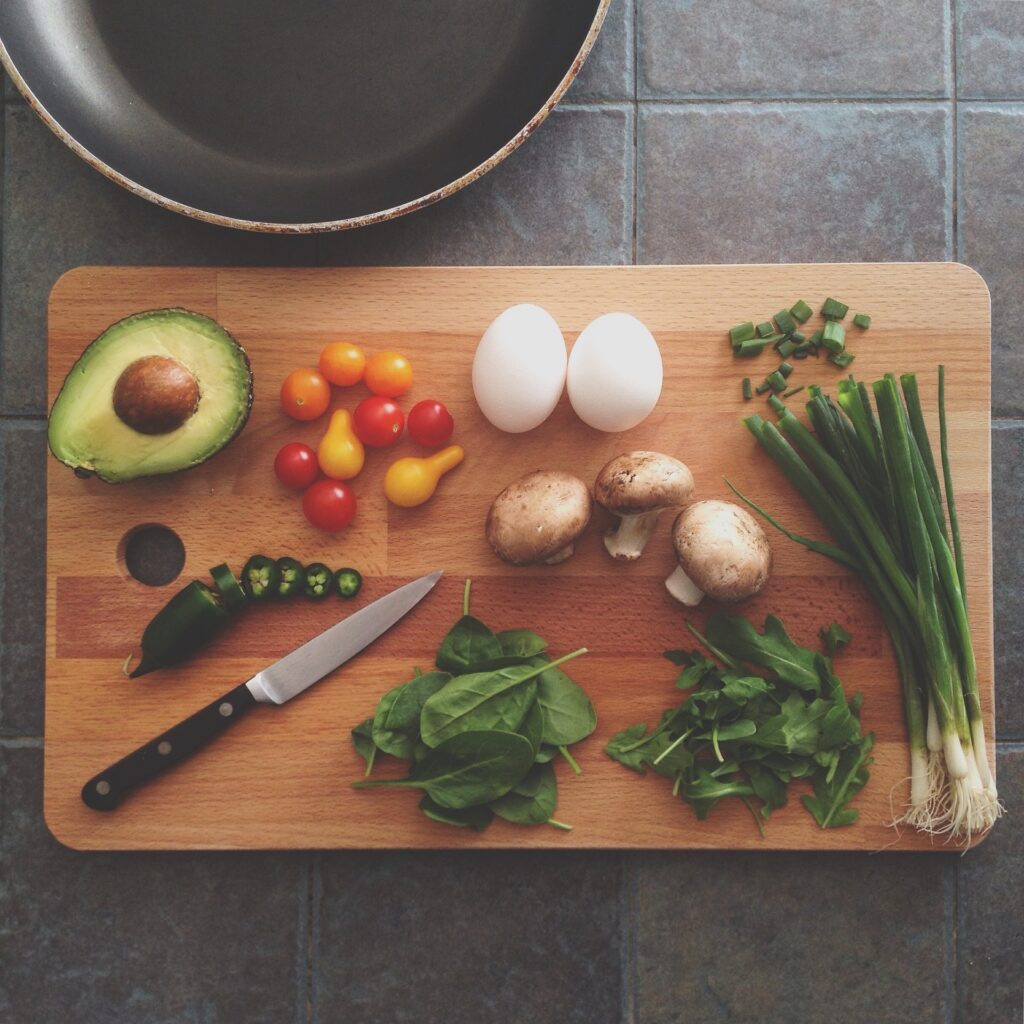Leveraging the benefits of meal planning for Indian households has become a growing necessity as we do not have enough time to cook. With the increasing percentage of nuclear families and working couples, dedicating to round-the-clock tasks like meal preparation is complex.
If you turn to food delivery apps during times of despair, you are pushing your body to unhealthy consequences. There is an increasing importance of meal planning for family to help you balance work and diet together.
What is meal planning?
If you are unaware of the definition of meal planning because it is a western concept, we will explain. The principles of meal planning require you to create a routine around your weekly meal prep.
It needs you to choose what you want to eat for different meals throughout the day and schedule it. You do not always have to stick to the same meals on every scheduled day, as it can change due to seasonal availability. However, if you have a rough idea about your preferences, it is easy to make a template that helps you prepare food in advance.
Having a pre-decided menu, buying groceries for the same, and cooking in advance are great strategies to imply. It also saves time as you do not need to plan meals every day or change the routine every week.

Types of meal planning
Before going through the benefits of meal planning, let’s find out different ways to incorporate this:
1. Freezing meals
Meal freezing allows cooking and freezing food wholly or partially. Many western nations freeze meals one month in advance, but it might not suit the Indian climate. Freezing meals for an entire family requires significant effort, as when the quantity of food increases, it becomes challenging to cook and store.
2. Cooking in bulk
Traditionally, Indians have always detested the concept of refrigeration, but times are changing now. More and more people want to spend fewer hours every day and opt for bulk cooking once weekly.
Bulk cooking makes the activity manageable as it makes you prepare meals ahead of time and freeze them till consumption. Freezing meals is an integral part of meal planning as it allows you to simply take out cooked meals and heat them up before eating.
3. Instant pot recipes
Our pressure cookers don’t just help you boil potatoes and lentils faster; they also prepare full meals. Instant pot recipes with rice help us cook meals faster. Most of these recipes require you to chop and sauté veggies and add them along with rice in the cookers. Making a full meal for your family hardly takes 15-20 minutes if you opt for these every once in a while.
4. Slow cooker meals
Crockpot recipes made in a slow cooker are yet another effective way to prepare meals in advance. It is similar to one-pot recipes, but they take longer to complete, unlike instant pot.
You can schedule crockpot cooking alongside other chores in the kitchen to make the best use of your time. Slow-cooked meals have your back when you need to invite guests over, or you want to utilize leftovers.
5. Using leftovers effectively
Indians try to avoid consuming leftover meals by throwing them away or overstuffing. This is either bad for your pocket or your health. There is no harm in eating leftover food if consumed within a short duration. You might want to eat different meals twice on the same day. But you can always consume it over two consecutive days.
Leftover meal planning involves cooking a little extra on one day to utilize it on another. When you make extra portions of food on one day, you can easily skip cooking for that long on the second day.
Top meal planning ideas for Indian households
If going Western on meal planning will not suit your cooking style, there are some hacks that can smoothen it. Here are some steps that can make the process of meal planning convenient for you:
1. Storing boiled ingredients
Potatoes, peas, black chana, tadka, rajma, are items that you can boil in large quantities and refrigerate. Cooking recipes that involve these ingredients together will let you have access to the raw materials easily.
2. Peeling and assorting
You can peel and mash large amounts of onion, ginger, and garlic to season your Indian recipes in a jiffy. While garlic and ginger stay fresh for over a week, you might want to repeat the usage of onion more often.

3. Storing pre cut fruits and veggies
Soups and salads become easy to prepare if you have always pre cut veggies in the fridge. Chopping vegetables like cabbage, spinach, carrots, beans and keeping them in airtight containers helps you have them handy while cooking.
Tomatoes are quick to chop and add. But keeping puree handy to use it across 3-5 days can also quicken meal prep. Orange, pomegranate, and pineapple are fruits you can pre cut and store for 3-4 days to have them for breakfast.
4. Flour dough
As chapati is common for most Indian households, preparing dough in advance always helps meal prep. Applying oil over the dough and keeping it in an airtight container keeps it fresh for 4-5 days. Also, you can make roti poha for breakfast with leftover chapatis from dinner eaten the previous night.
5. Condiments
Condiments like pudina chutney, imli chutney, red and white chutney accompanied with idli and dosa enhance Indian meals. Making condiments like these once a week makes our food flavoursome and often replaces the need for preparing side dishes.
Benefits of meal planning
The benefits of meal planning will convince you to try this pre-planned way of cooking:
1. You follow portion control
When you are okay with keeping away leftovers for another day, you don’t overstuff yourself. You stick to the routine you want to maintain and eat in the right portions. Portion control is necessary when you are trying to lose weight or maintain it.
2. Healthy eating
When you have the means to not resort to food delivery apps, you eat healthy anyway. Meal prep in advance helps you grab a box of food right when you need it, so you do not need to turn to unhealthy snacking. Meal planning helps us follow a balanced diet and eat at the right time.
3. Saves time
One of the benefits of meal planning is saving time. If you had ample time to cook, you would rather eat fresh. At HLTH, we promote eating freshly cooked food, but we understand the need for meal prep. When you have little time to cook and want a healthy diet, meal prep can be a saviour.
4. Reduces food wasting
When you know what you need to purchase for one week’s groceries, you know how to maximize usage. Meal prep allows you to buy as much raw food as needed and cook accordingly. When you know every purchase has a purpose, you will have fewer chances of food wastage.
5. Keeps you ahead
Advanced meal preparation goes against Indian meal planning systems. However, incorporating such systems keeps you on top of your game. When you have ample time to dedicate your attention to bigger things, you want to simplify meal planning processes. Thus, people who want to get ahead would switch to healthy ways to plan their meals.

Advantages and disadvantages of meal planning
All types of meal plans are available online, but the one that suits you best will depend on your lifestyle. There are meal plans ideal for working professionals living alone in a big city and others applicable for nuclear families. Your nutritional requirement and household circumstances will determine what meal prep is easier for you to choose.
The benefits of meal planning mentioned above reflect the advantage, but let us have a detailed comparison against the drawbacks.
Advantages of meal planning
The primary reason meal planning helps is having control over what you eat. It is not limited to portion control but also the ingredients going into your body.
You have a complete idea about how much sugar, sodium, and saturated fat go into your diet. You also find ways to prioritize protein and fibre content. The strategy gives you a disciplinary plan of action that helps you meet your calorie goal. You automatically make better choices as it is pre-planned and add low carbohydrates to your diet.
Meal plans save a lot of time and let you get on with your everyday life at ease. It curbs your cravings and lets you add diverse options every week.
Choosing different meals to eat every day is hectic. The brainwork behind getting groceries, preparation, and eating is bound to affect your energy levels. You might also have a tendency to overwork yourself and compromise on sleep.
Planning meals in advance takes the load off your shoulders and lets you have food available amidst busy schedules. It keeps you from compromising your family’s health as everyone gets complete nutrition every day.
Disadvantages of meal planning
A week’s meal planning will keep you busy on weekends. We tend to relax and unwind on two days and follow an extreme work pattern during the weekdays. However, meal planning will make you distribute work across weekends, so you can handle what to eat during workdays.
Originally, we are supposed to be one with nature and consume fresh food. But evolution has put us in boxes, and we try to adjust according to worldly demands. It does not take away the fact that fresh meals are the most nutritive.
Indian meal planning is not prevalent because there is no alternative to buying fresh produce and cooking the day same. While most Indian families would still detest the idea, there are legitimate reasons for doing so.
If planning one week ahead is too much, you can contribute to meal planning once every five days. It allows you to use the freezing concept without deteriorating the quality.
The climate in India and the cooling features in your refrigerator will also play an essential role in this regard. Before you adopt western meal planning techniques, ensure you have the means to go about it healthily.
The nutrition your food provides you is of utmost importance. You can compromise on other things, but not the fuel that offers you energy and fitness.

How we help you plan your meals
Half Life to Health continuously consults working professionals. We understand the value of your time and suggest weight loss diets and help you prep meals. If you need help eating the right food at the right time, we are here to assist you thoroughly. We will closely monitor your schedule, understand what works best for you, and recommend nutritious, easy-to-prepare meals. Join our army today and find disciplinary ways to plan meals, eat well, and maintain a healthy body.


https://myteana.ru/forums/index.php?autocom=gallery&req=si&img=6606
https://honda-fit.ru/forums/index.php?autocom=gallery&req=si&img=7086
Awesome https://is.gd/tpjNyL